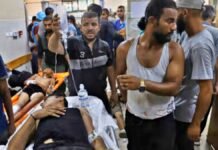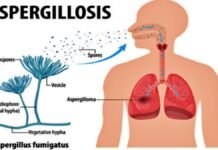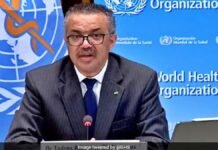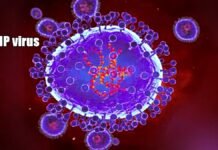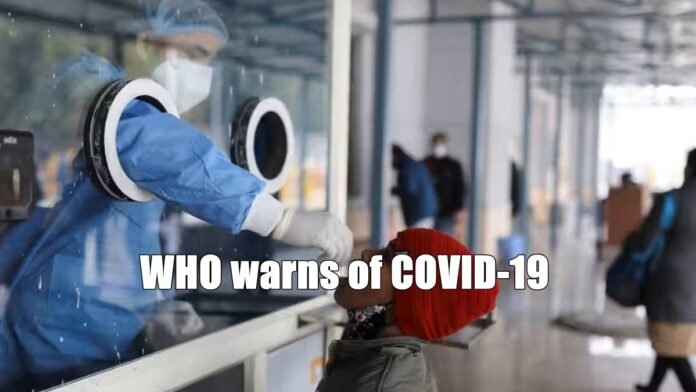
New Delhi: The World Health Organization (WHO) has urged countries in Southeast Asia to strengthen their surveillance systems to detect and respond to the increasing cases of respiratory diseases, including COVID-19 and its new sub-type JN.1, as well as influenza. The WHO has also appealed to the people to take precautionary measures, such as wearing masks, avoiding crowds, and getting vaccinated, to prevent the transmission of the virus.
Dr. Poonam Khetrapal Singh, Regional Director of WHO South-East Asia, said that the COVID-19 virus continues to spread, mutate, and circulate in all countries globally, posing a serious threat to public health. She said that the current evidence suggests that the additional risk posed by JN.1, a new variant of the virus, is low, but it needs to be monitored closely.
“We should decide our response according to its development and keep a constant watch. For this, countries will have to strengthen monitoring and sequencing and ensure sharing of data,” she said in a statement on Friday.
According to the WHO, JN.1 is a sub-variant of BA.2.86, which itself is a descendant of the omicron variant that emerged in late 2021. JN.1 has more than 30 mutations in its spike protein, which may increase its infectivity and ability to evade immune responses. The WHO has classified JN.1 as a variant to be kept under surveillance, after its rapid global spread.
In recent weeks, cases of JN.1 have been reported in several countries, including the US, China, Singapore, and India. Its spread is increasing rapidly globally, accounting for about 21% of the cases in the US. The additional public health risk posed by JN.1 is currently underestimated globally, given the limited available evidence, Singh said.
She said that it is feared that this variant could lead to a rise in cases of COVID-19 among other viral and bacterial infections, especially in countries where the winter season is about to begin. She said that respiratory diseases are more common in cold weather, when people tend to spend more time indoors, where poor air circulation (ventilation) can facilitate the transmission of the virus.

“As people travel and gather during the holiday season, they should take protective measures and seek timely treatment if they become unwell,” she said.
The regional director also stressed the importance of vaccination against COVID-19 and influenza, especially for those at high risk, such as the elderly, people with chronic conditions, and health workers. She said that all WHO-approved COVID-19 vaccines, including those that target the omicron variant, will continue to protect against severe disease and death from all variants, including JN.1.
She urged the countries to ensure equitable access to vaccines and to avoid vaccine wastage. She also called for the continuation of other essential health services, such as maternal and child health, immunization, and tuberculosis treatment, amid the pandemic.







